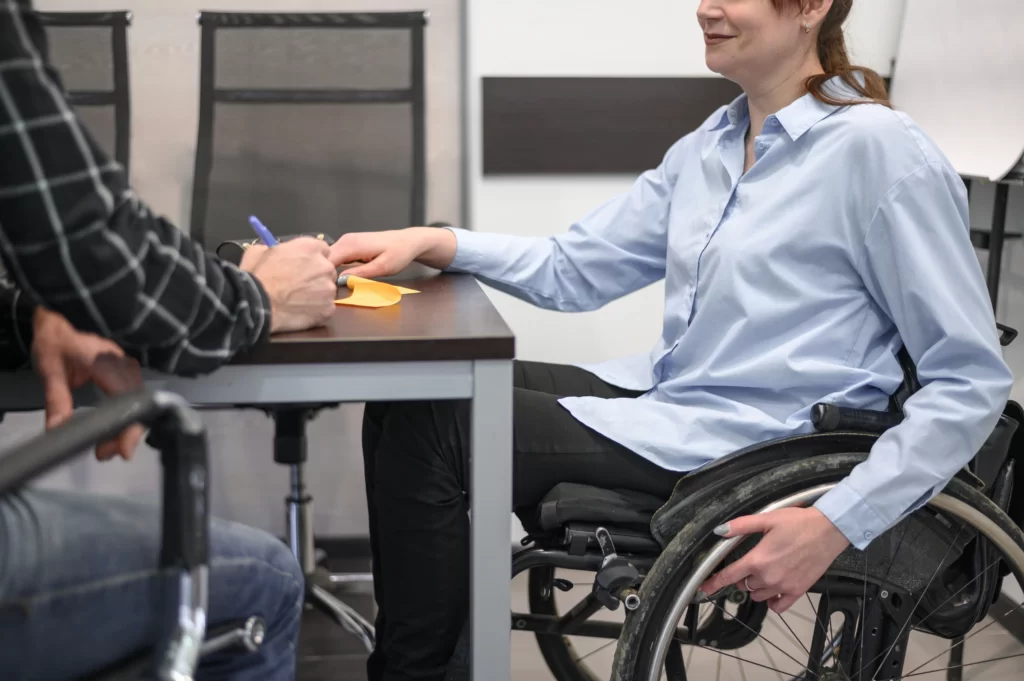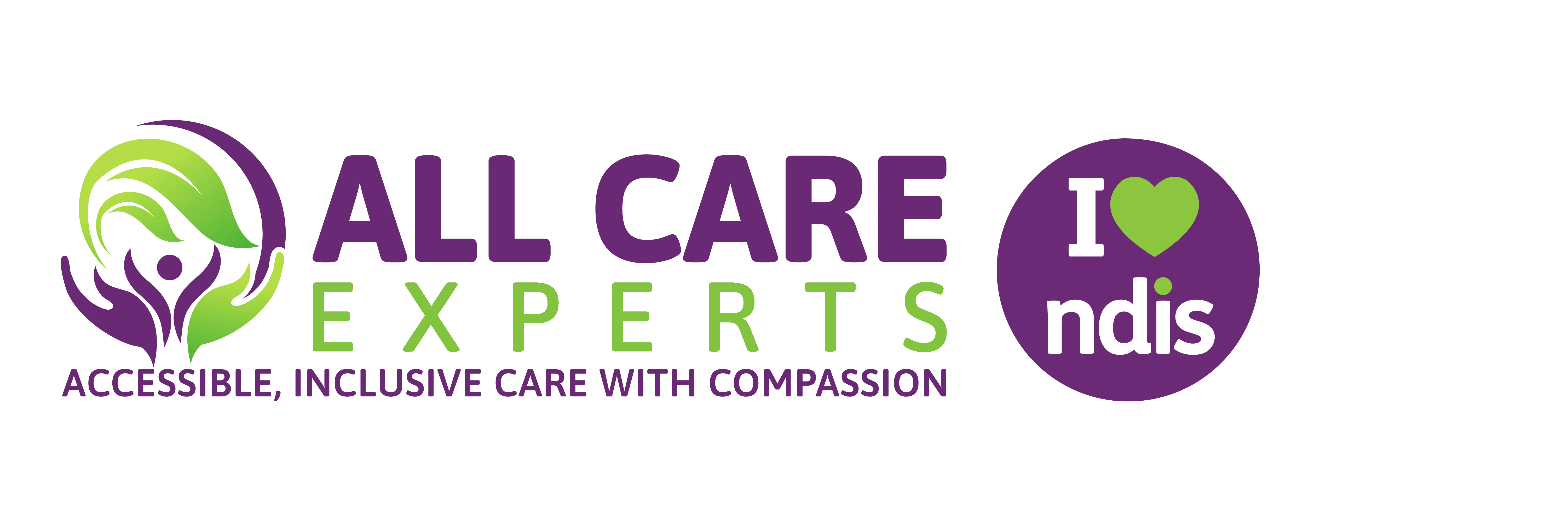What are NDIS therapeutic supports?
Therapeutic supports are geared towards enhancing independence, mobility, personal care, social interactions, and community engagement. Many of these services fall within the Capacity Building Supports budget, granting participants access to various therapies and interventions.
Here are several examples of therapeutic supports:
- Nursing assistance for complex care requirements
- Counseling sessions aimed at personal development and emotional well-being
- Support for community involvement
- Assessments conducted by psychologists, speech therapists, occupational therapists, or other qualified health professionals
- Evaluations necessary to determine assistive technology needs
- Professional guidance on exercise regimens tailored to manage the impact of disability
- Consultations with dietitians for personalized diet plans
- Counseling sessions focused on employment prospects
All therapeutic services must be provided by qualified professionals. The NDIS sets maximum prices for each category, which are subject to periodic review. Should you opt for a therapist whose fees exceed the NDIS stipulated price, you would be responsible for covering the difference yourself. These price ceilings are typically reassessed on an annual basis.


What are the types of therapeutic supports?
Therapeutic supports generally fall into three categories within the Capacity Building Supports budget, which aims to assist individuals in skill development and achieving greater independence. These categories encompass:
- Improved Daily Living: The majority of therapeutic supports fall under this category. It encompasses assistance from therapists aimed at enhancing independence, boosting confidence and social interaction, and fostering community engagement.
- Improved Health and Well-being: This category includes support from dietitians and personal trainers to enhance and manage one's health effectively.
- Improved Relationships: Funding is allocated for the development of social skills and behavioral interventions aimed at improving relationships.
Let's explore some examples to illustrate how various supports can be beneficial to you.
